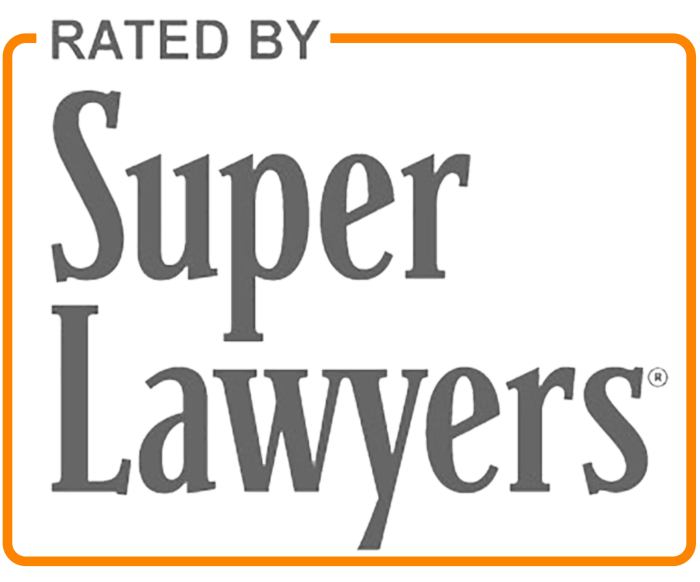1. Is my case eligible for statutory expungement
First things first: you need to know whether your case actually qualifies for statutory expungement. If you know the case file number of the case you’re trying to expunge, an attorney should be able to tell you almost immediately if and when your case is eligible for expungement. Even if you don’t know your case file number, an experienced expungement attorney should be able to tell you whether a conviction is expungeable in just a few minutes.
2. How do you know my case is eligible for statutory expungement?
We frequently get calls from individuals who have spoken with an “expungement attorney” who offered to represent them on a case that wasn’t even expungeable. Sometimes these calls happen after the person has paid the attorney significant amounts of money to have their records sealed. While no one wants to hear that their case does not qualify for statutory expungement, it is a lot worse to pay someone thousands of dollars for an expungement that no judge could even grant. By asking the attorney what specific provision of the law allows you to petition for expungement, you can be sure that: (1) the attorney knows what he or she is talking about; and (2) your records could actually be sealed.
3. What percentage of your practice is expungements?
Many attorneys, especially criminal defense attorneys, will offer to help you petition a court for expungement. Very few attorneys, however, devote a significant portion of their practice to expungements. While there is some conceptual overlap between criminal law and expungement law, petitioning for expungement is very different than defending against criminal charges. Expungement petitions involve different rules of procedure, different statutes, different case law, and different rules of evidence than those applicable to criminal proceedings. Attorneys that rarely represent people seeking expungements are less likely to know these intricacies and less likely to provide the highest level of representation. Further, an expungement attorney that handles a lot of expungements often has a system in place to move your case along quickly, which means your records could be sealed sooner than it may take if you hire an attorney who does not handle many expungements.
4. How much will your representation cost?
Attorney’s fees for representation in expungement cases vary considerably. Some attorneys charge by the hour, and some perform their services on a flat fee. These flat fees can be as high as $5,000 per case depending on the attorney and the case.
Our firm represents people seeking expungement on a flat fee. We will tell you up front how much our fees will be and you will not pay us a dime more. The amount of our fees is determined by several variables, including: the type of offense, the level of offense, the county in which the case took place, how the case was resolved, and the amount of time that has passed since the case concluded. Our fees are very reasonable—in some cases less than a thousand dollars, and we offer payment plans so you can get the expungement process going as soon as possible.
5. What do I get for my money?
While cost is a consideration, the most important thing you should be looking for when choosing an expungement attorney is value. Just because a product or service is cheap, does not necessarily mean that it’s a good deal. So, in addition to determining the attorney’s level of experience handling expungements, you also want to find out what services the attorney is going to provide you in exchange for your hard-earned cash. Is the attorney going to draft the petition for you? Is the attorney going to submit a memorandum of law on your behalf, explaining how each of the twelve expungement factors apply in your case? Which agencies’ records will the attorney ask to be sealed? Will the attorney try to work out a deal with the prosecutor before filing your case? Will the attorney respond in writing to any objections to the expungement petition? After gauging the attorney’s responses to the above questions, you will be in a better position to determine what kind of value you are getting for your money.
6. What do you expect from me?
If you hire an expungement attorney, the attorney will likely be doing most of the work. That said, your input is critical to the success of your case. You will need to provide the attorney certain information that is required to be included in your petition. You may need to get a copy of your criminal record from the Bureau of Criminal Apprehension. Depending on where you live and the particulars of your case, you may or may not have to appear for the expungement hearing. Knowing what your attorney will need from you before the case starts is critical to a productive attorney-client relationship.
7. How long is this going to take?
It typically takes six to eight months from the time a person hires an expungement attorney until the records are sealed. A typical timeline looks like this:
- Hire attorney
- Paperwork drafted, filed, and served (2-4 weeks after hiring attorney)
- Expungement Hearing (at least 63 days after filing)
- Expungement Order (typically 3-4 weeks after hearing)
- Records Expunged/Sealed (60 days after expungement order is filed)
Your specific case may or may not follow the above timeline. In some cases, it is possible for the person seeking expungement to avoid a hearing altogether, in which case the records can be sealed months earlier. Other cases take longer than eight months: while judges usually issue their orders within 3–4 weeks, they technically have 90 days to rule.
Contact us today
If an attorney’s answers to these seven questions give you confidence in his or her experience and abilities, you may have found yourself the right person to guide you through the expungement process. If not, call someone else—such as the experienced expungement attorney Kyle Kosieracki with the law firm Tarshish Cody, PLC. Mr. Kosieracki can be reached by calling 952-361-5556 or by filling out the Expungement Case Evaluation Form below.
Related Expungement Information:









